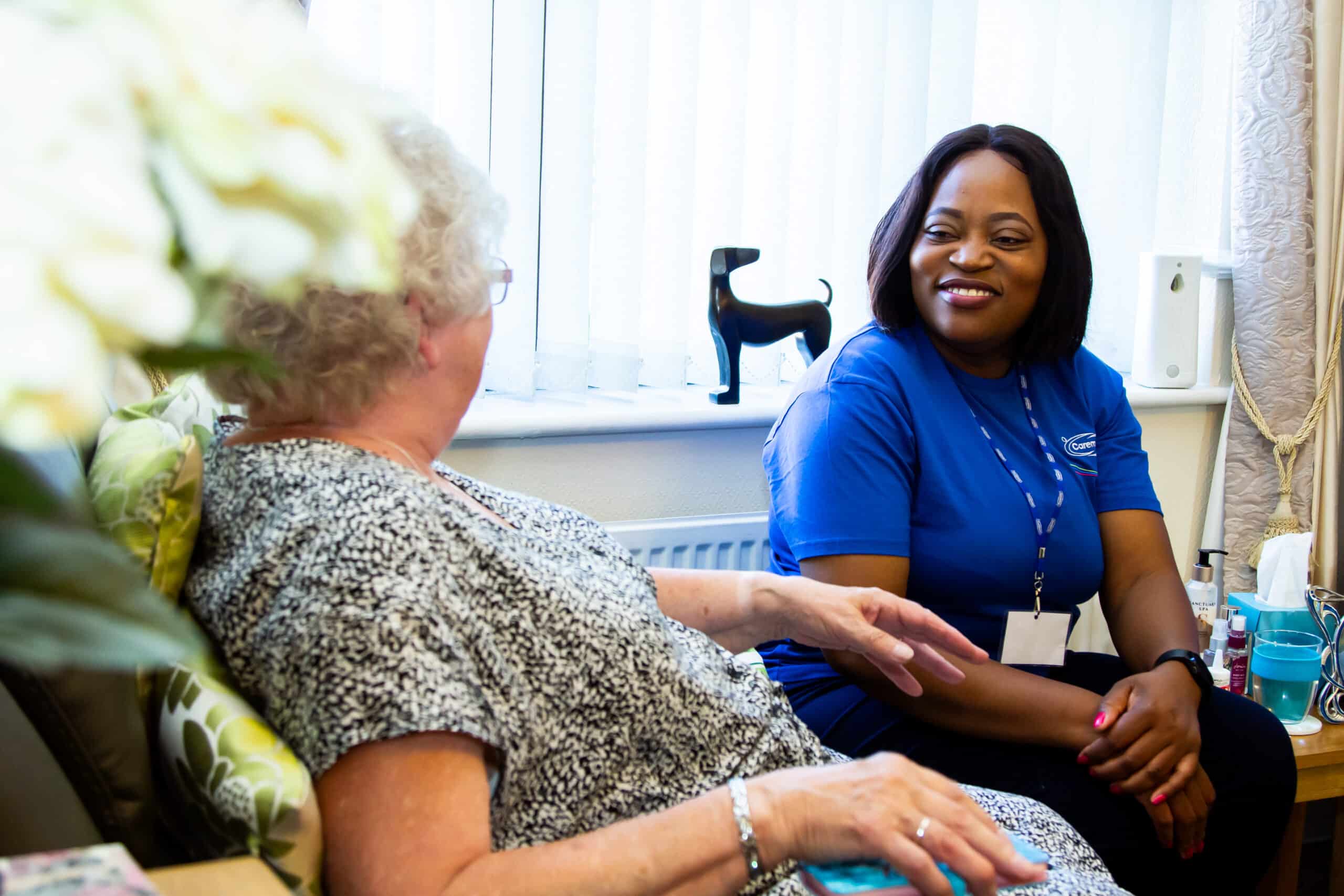Training and Professional Development for Care Staff
Empowering Caregivers for Better Patient Outcomes
The quality of care delivered to individuals, particularly those with complex health needs, is heavily impacted by the training and professional development of care staff. As the healthcare landscape evolves, ensuring that caregivers are equipped with the necessary knowledge, skills, and resources to provide exceptional care has become more important than ever.
The Value of Ongoing Training
Training is the foundation of effective caregiving. From staying informed about the latest medical advancements to learning how to address emotional and psychological needs, well-trained care staff are crucial for providing comprehensive and compassionate care. Regular professional development ensures that caregivers remain up to date with current healthcare practices and are prepared to meet the ever-evolving needs of those they care for.
“Healthcare is constantly changing, and so are the needs of our patients,” says Laura Simmons, a training coordinator in healthcare services. “Ongoing training ensures our staff stays informed about new treatment protocols, safety guidelines, and best practices, allowing us to provide the best care possible.”

Key Areas of Focus in Training
Patient-Centered Care: Training programs are designed to help caregivers provide care that is personalized, respectful, and centered around the individual’s unique preferences and needs. This approach improves the patient experience and contributes to better health outcomes.
Health and Safety Standards: Care staff must be well-trained in maintaining top health and safety standards. This includes proper hygiene practices, emergency procedures, and ensuring both patients and caregivers are safeguarded in all care environments.
Communication Skills: Effective communication is crucial in caregiving. Training in active listening, empathetic communication, and interpreting non-verbal cues enables caregivers to build trust, address concerns, and understand the emotional and mental needs of those in their care.
Mental Health Awareness: Many patients, especially those with chronic illnesses or disabilities, face mental health challenges. Training in mental health awareness helps caregivers identify and address issues like anxiety, depression, or cognitive decline, equipping them to provide better support.
Cultural Competency: As society becomes more diverse, caregivers need to understand and respect cultural differences in healthcare. Cultural competency training ensures that staff can offer inclusive care that acknowledges and honors the unique values and preferences of each patient.
Benefits for Caregivers and Patients
Investing in continuous training and professional development benefits both caregivers and patients alike. Well-trained care staff are more confident in their roles, which leads to higher job satisfaction and improved retention rates. For patients, skilled caregivers deliver higher-quality, more compassionate care, resulting in better health outcomes and an enhanced care experience.
“When caregivers feel supported through training and development opportunities, it directly translates into better care for our patients,” says Michael Reynolds, a care supervisor. “Staff who are equipped with knowledge are more confident in their work and better prepared to handle the complexities of patient care.”
A Commitment to Excellence in Care
For healthcare organizations, prioritizing ongoing education for care staff reflects a commitment to excellence in patient care. Providers that offer regular training opportunities are better positioned to meet the evolving needs of their patients while ensuring that their staff remain knowledgeable, competent, and motivated.

Looking to the Future
As the demand for healthcare services, particularly in home care and long-term care, continues to rise, the need for well-trained, compassionate caregivers will only grow. By investing in training and professional development, healthcare organizations can ensure they provide the highest quality of care, address the diverse needs of their patients, and create a culture of growth and support for their staff.
Training and professional development are key to delivering high-quality care. By continually improving the skills and knowledge of care staff, we foster better patient outcomes, higher caregiver satisfaction, and a healthcare system that can adapt to the evolving needs of those in care. A strong commitment to ongoing education helps build a compassionate, skilled, and empowered workforce focused on providing the best care possible.